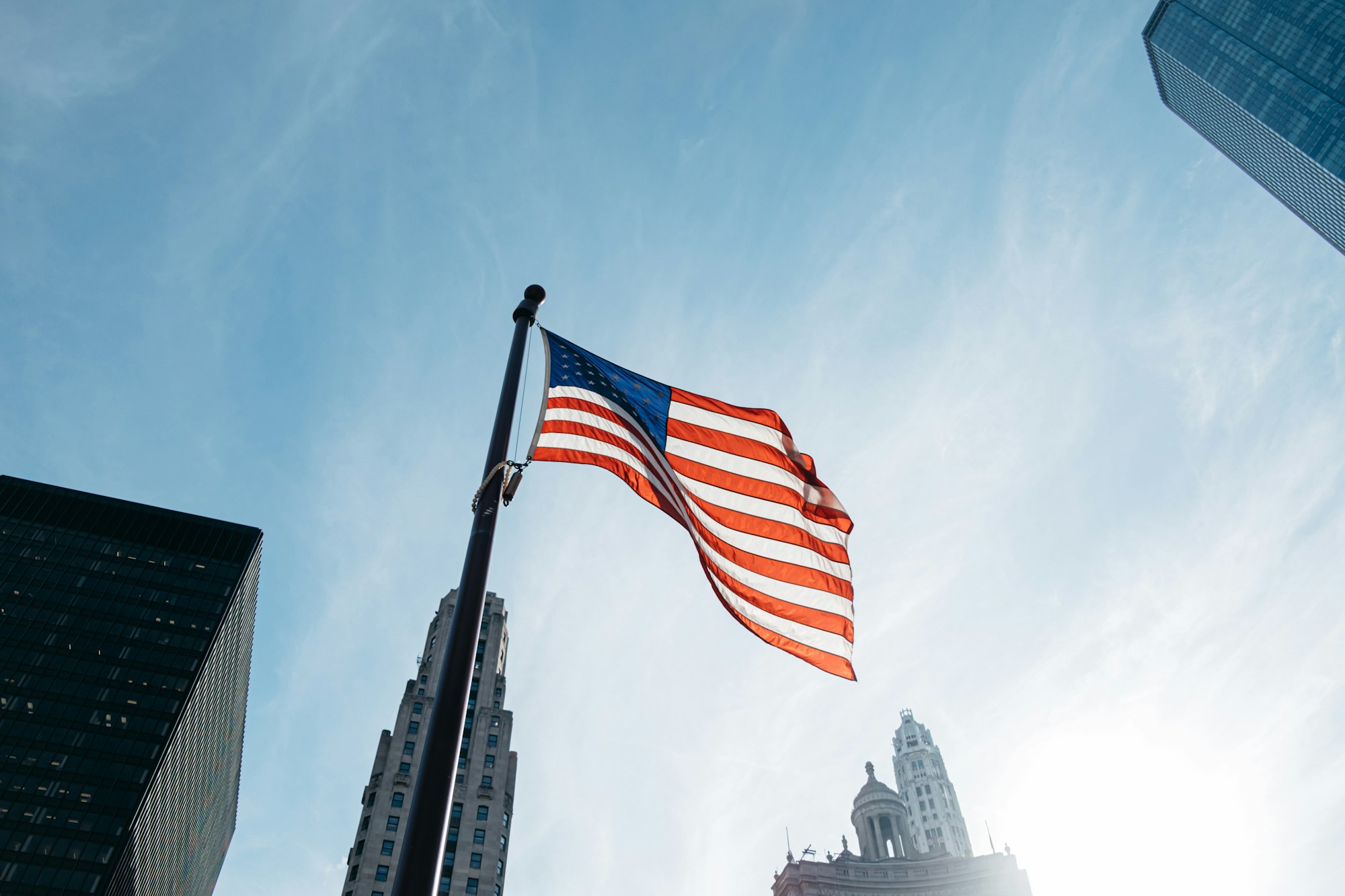Consumers Are Spending
By now, consumers were expected to reduce their spending for several reasons. Interest rates have risen, inflation remains high, pandemic-related savings have dwindled, and the labor market is showing signs of cooling. However, household spending, which plays a crucial role in the nation's economic growth, continues to be strong. In August, Americans increased their spending by 5.8% compared to the previous year, surpassing the less than 4% inflation rate. This summer, the experience economy thrived, with companies like Delta Air Lines and Ticketmaster reporting substantial revenue growth.
- Economists and financial advisors acknowledge that consumers often prioritize short-term needs over long-term goals. Yet, they argue that this moment is unique.
- The challenging housing market has led many consumers to abandon their traditional savings plans. The pandemic underscored the unpredictability of long-term health, work, and everyday life plans.
- Consequently, people are choosing to spend on once-in-a-lifetime experiences because they fear they may not have another opportunity.
Fear Of Missing Out
Michael Liersch, head of advice at Wells Fargo, emphasizes that this spending isn't impulsive but rather a conscious decision driven by the fear of missing out on these experiences. Liersch cautions that it's too early to determine whether this surge in spending is a temporary phenomenon or a new normal. Consumers continue to be frustrated by inflation as the prices of many goods remain significantly higher than in previous years.
- Ally Bank reports that users are creating more experience-oriented savings buckets, such as travel and "fun funds" compared to those aimed at longer-term planning.
- Concerns about climate change are motivating some individuals to visit places that may disappear. In a Deloitte survey, climate change emerged as the top concern among global consumers in the past year.
- In essence, consumers are challenging conventional financial wisdom, opting for memorable experiences and immediate gratification in a world filled with economic uncertainties.
Consumer spending may not continue at this pace indefinitely, as labor strikes, student loan repayments, and rising gas prices could lead to cutbacks. However, experts are surprised by the resilience of consumer spending in the face of higher inflation and interest rates.
Citigroup Is More Bearish
Economists have been pondering when U.S. consumers would finally lose their spending momentum, and according to Citigroup CEO Jane Fraser, that time is now approaching. Despite the Federal Reserve raising interest rates to their highest levels in over two decades, shoppers have surprised experts with their resilience, continuing to spend even as their wallets feel the strain.
- Whether it was the 'YOLO (you only live once) spenders' propping up the economy or individuals using up their remaining pandemic savings, it appears that the well of disposable income has finally run dry.
- As the holiday season approaches, consumers seem to be scaling back their spending, which could potentially assist the Fed in its mission to bring inflation down to 2%.
Robust Economy Could Ensure A Soft Landing
Jane Fraser, Citigroup's CEO, highlighted that the most significant cracks in consumer spending are evident among those at the lower end of the income spectrum. While Citi's data still indicates "good" consumer spending with positive figures, the growth has begun to taper off. Fraser explained on CNBC that the softening of demand growth in September is becoming apparent.
- Despite these challenges, Fraser expressed confidence in U.S. consumers and corporations, especially when compared to their European counterparts. She emphasized their strength and resilience, citing a robust job market as a positive factor.
- She expressed optimism about the economic outlook, stating that all current indicators point to a soft landing. Inflation is decreasing, and we are about halfway to our inflation target. When you consider unemployment, job creation, and GDP, all the signs are relatively positive.
- This positive sentiment is supported by the fact that U.S. inflation dropped to below 4%, excluding food and energy prices, for the first time in two years in August. Although high oil prices have contributed to elevated gasoline prices, experts believe this factor may rebalance in the near future.
Fraser cautioned that despite the positive news, historical patterns suggest that the latter part of an economic adjustment is typically more challenging. She added that the economy is starting to cooperate with the Fed and is showing signs of softening, which, if this trend continues in the coming weeks, will likely make the Fed's job easier.
Disclaimer
Please note that Benchmark does not produce investment advice in any form. Our articles are not research reports and are not intended to serve as the basis for any investment decision. All investments involve risk and the past performance of a security or financial product does not guarantee future returns. Investors have to conduct their own research before conducting any transaction. There is always the risk of losing parts or all of your money when you invest in securities or other financial products.
Credits
Photo by Steven Abraham / Unsplash.






